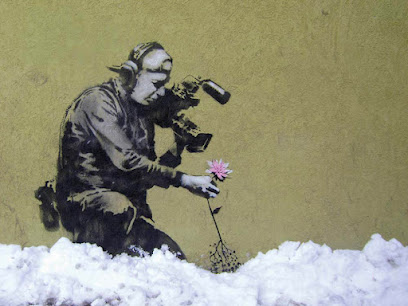This is a companion discussion topic for the original entry at https://concernedcitizenpages.blogspot.com/2024/04/commodification-of-value.html
What value actually is:
Value = The complex property (a complex property is any property which is not easy to quantify or qualify) of an object or idea to have a certain utility from multiple perspectives. It is qualitative (meaning it’s not a number), non-exchangeable (changing hands does not change value), not changing unless there are clear reasons of change such as a certain system becoming obsolete by itself, non-speculative (value is innate, cannot be predicted), non-revocable (cannot be lost by arbitrary means), among many other naturally-occurring properties which we will not mention here.
This definition of value is very obvious as long as you are not an economist and it has existed at the very beginning of human history in an innate way.
Examples:
- Any given forest which has not been cut has value because it generates oxygen and provides a ecosystem where animals can live.
- Money has no actual value because is a complicated system of numbers which when used, it has been proven to be useless to dangerous in today’s world.
- Human emotions provide useful feedback, especially when they are not exploited.
- Some ecological things are considered sacred by some cultures around the world
[…]
The properties of value mentioned here are similar to cultural artifacts in the sense that they are not easily quantifiable, and their value often increases over time, especially as the object becomes rarer or the culture it represents fades.
They are non-exchangeable in the sense that while they can change hands, their connection to their origin remain constant. This value is also non-speculative, depending only in the artifact’s historical and cultural importance.
The value of cultural artifacts is non-revocable. Even if an artifact is physically destroyed, the knowledge it represented can continue to influence society.
